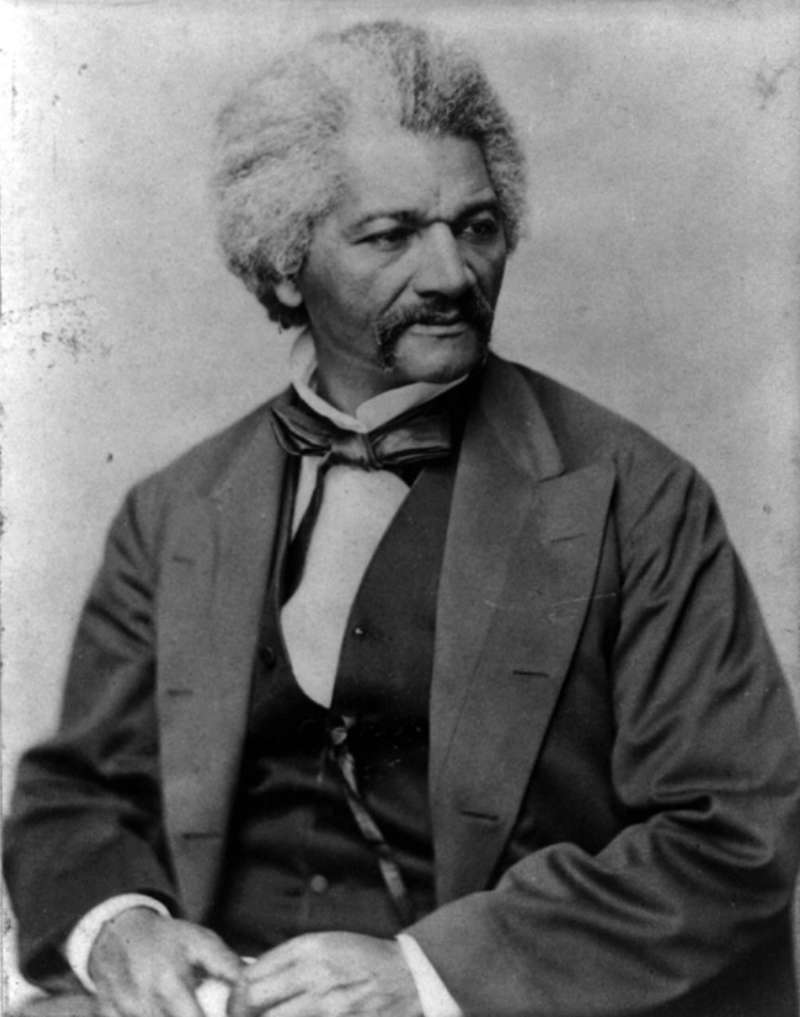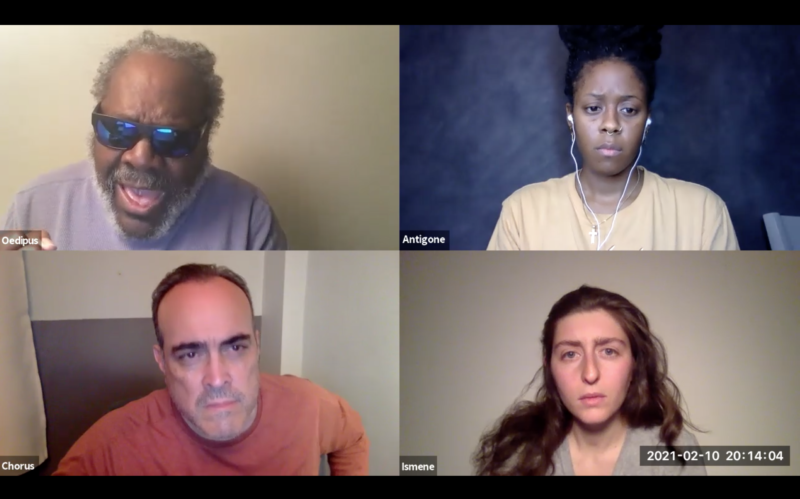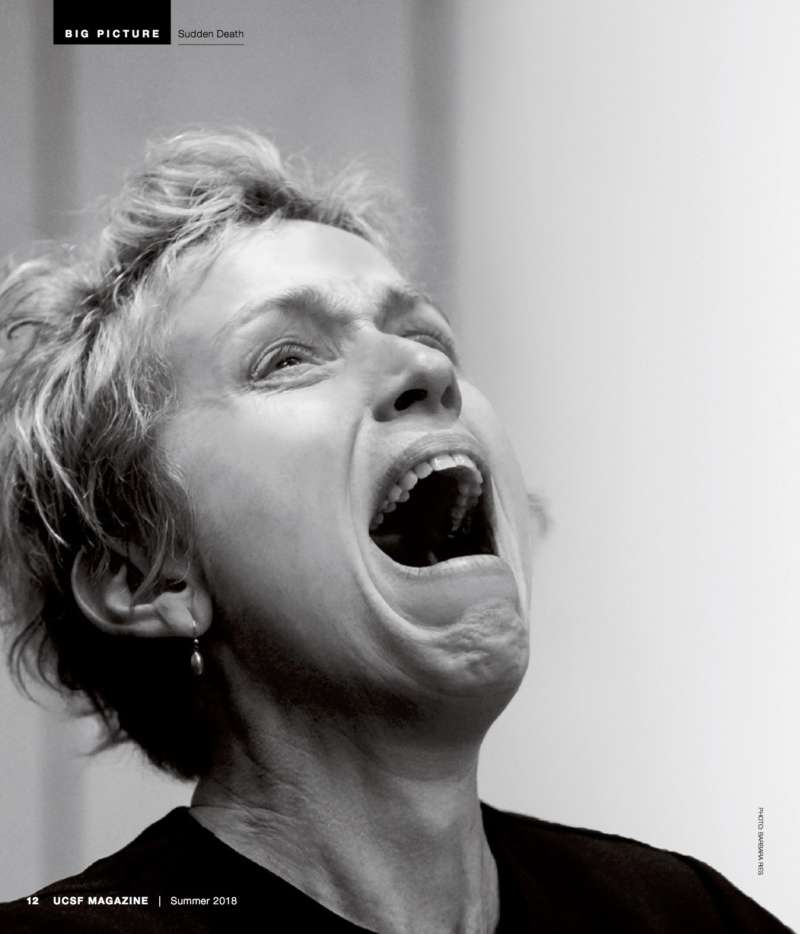Open to Public
Hercules in Bayview-Hunter's Point
Free Event
Thu, Apr 27.2017
About the play
-
Madness of Hercules by Euripides
When the Greek hero Hercules returns to Thebes and finds his home occupied by a local tyrant, he goes on a rampage with his invincible bow, killing the men who have invaded his house and taken his family hostage. But in the heat of the battle, Hercules enters into a berserk rage and kills everyone in sight, including his wife and two young children, with his powerful weapon, mistaking them for enemies. When he comes back to his senses and takes in the horror of what he has done, Hercules contemplates suicide, but his close friend and fellow war veteran Theseus, stays by his side and offers unconditional support, encouraging him to share the burden of what he has done with his community. At its core, Euripides’ Madness of Hercules asks profound questions about how we should respond to unthinkable violence—as citizens, family members, friends, and neighbors—and how we can all work together to stop violence from occurring in our communities, before it’s too late.
Explore Projects
-
 RacismFrederick Douglass
RacismFrederick DouglassFrederick Douglass is a project that presents dramatic readings of Douglass' speeches by professional actors as a catalyst for powerful dialogue about racism, inequality, civil rights, education, and the legal system with the objective of fostering compassion, understanding, and positive action.
-
 HomelessnessThe Oedipus at Colonus Project
HomelessnessThe Oedipus at Colonus ProjectThe Oedipus at Colonus Project presents readings of scenes from Sophocles’ final play, Oedipus at Colonus, as catalyst for powerful, community-driven conversations about homelessness, the immigration and refugee crisis, and the challenges of eldercare during and after the pandemic.
-
 Caregiving & DeathEnd of Life
Caregiving & DeathEnd of LifeEnd of Life presents readings of ancient Greek plays in public settings and medical communities as a catalyst for facilitated discussions about challenges faced by patients, families, and health professionals today around end of life care. This unique, participatory event is intended to promote powerful, open discussion among diverse communities - public and professional - fostering compassion, cooperation, and understanding about living with chronic suffering and the mortality we all share.